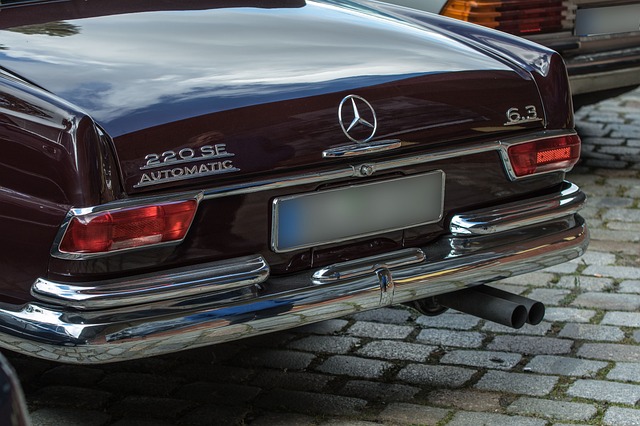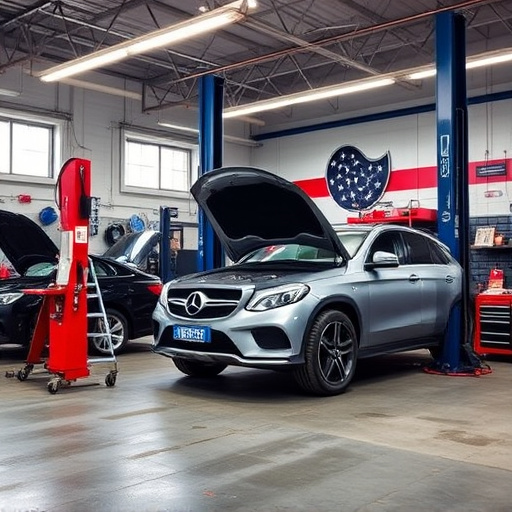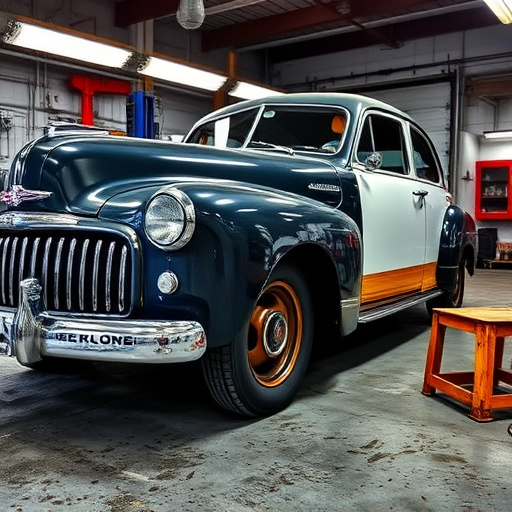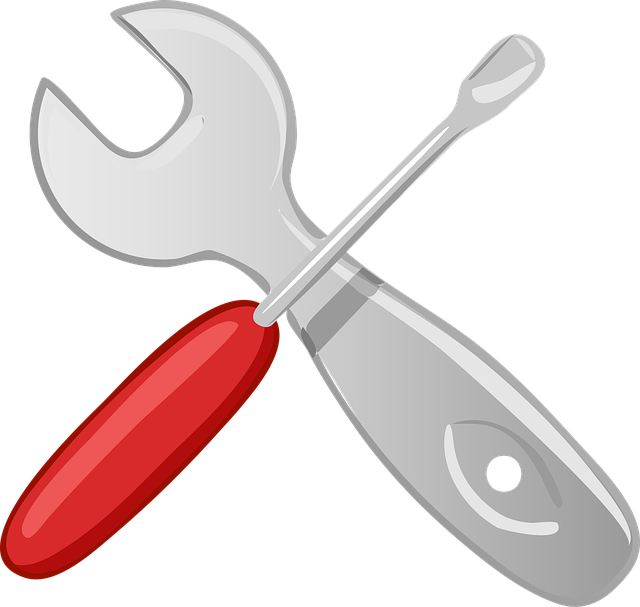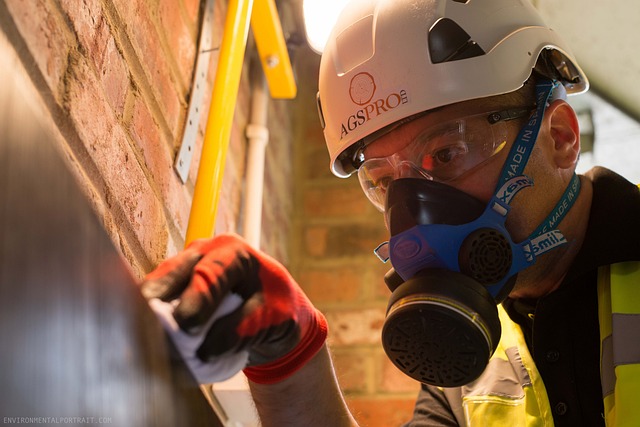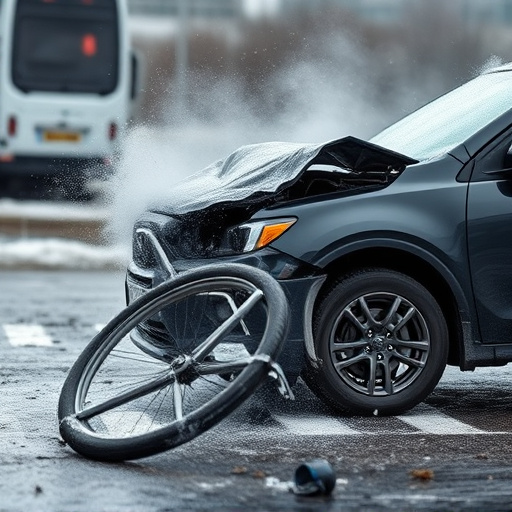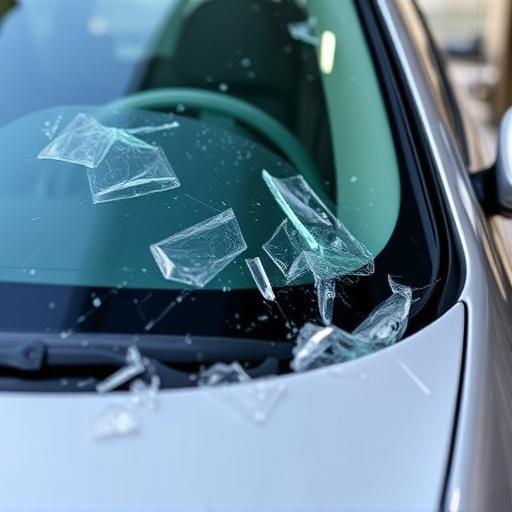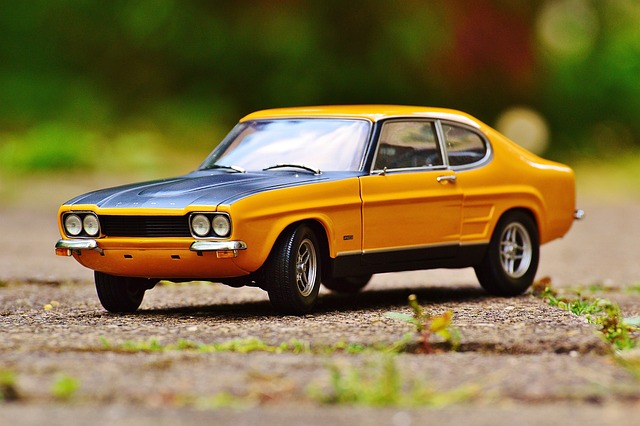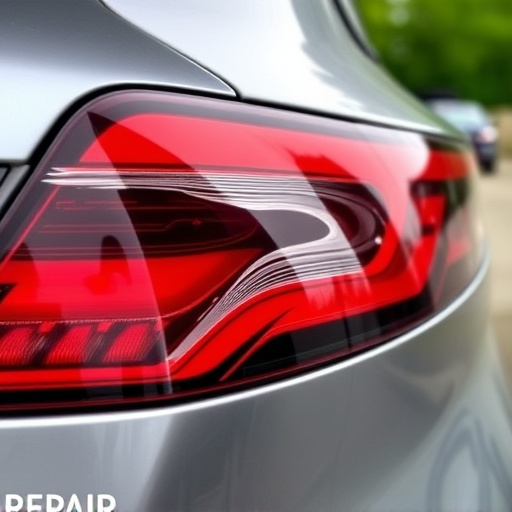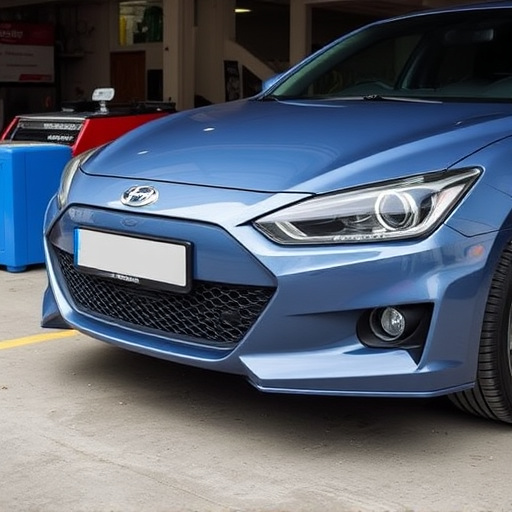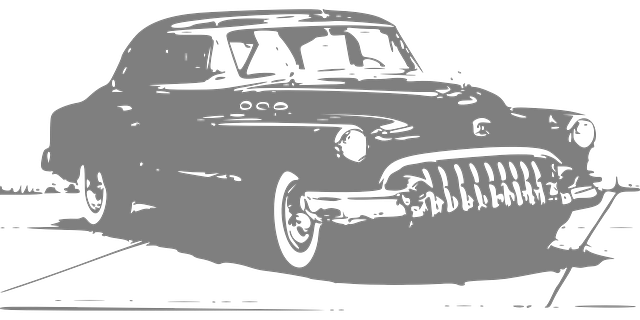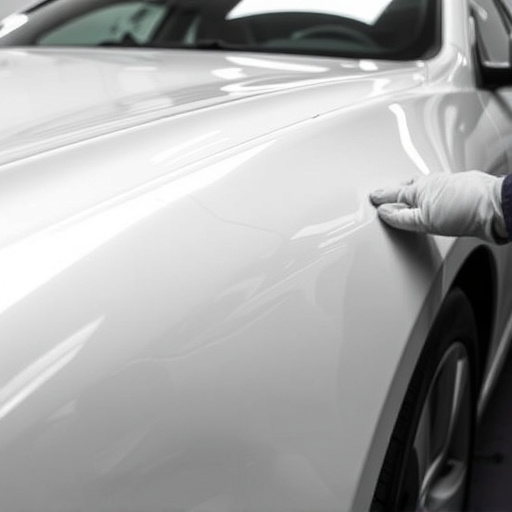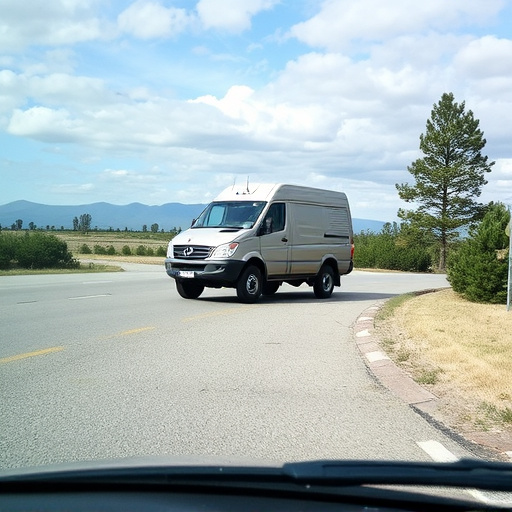Tesla aluminum welding certification ensures repair facilities and technicians meet high safety and quality standards for Tesla vehicle manufacturing, particularly with specialized welding techniques required for aluminum structures. This certification is crucial for handling various repairs, from hail damage to restoration projects, maintaining structural integrity and customer satisfaction. Achieving and maintaining this certification involves ongoing education and training to stay updated with Tesla's guidelines.
Tesla vehicles, renowned for their cutting-edge technology, require a specific standard for structural integrity—a crucial factor in insurance approval. This article delves into the significance of Tesla’s aluminum welding certification process. We explore how this certification ensures the safety and durability of Tesla cars, particularly with the widespread use of aluminum alloys. Understanding these requirements is essential for owners, repair shops, and insurers alike to navigate the complex landscape of Tesla vehicle maintenance and insurance coverage.
- Understanding Tesla's Welding Standards for Insurance Approval
- The Role of Aluminum Welding Certification in Tesla Vehicle Safety
- Achieving and Maintaining Tesla Aluminum Welding Certification Requirements
Understanding Tesla's Welding Standards for Insurance Approval
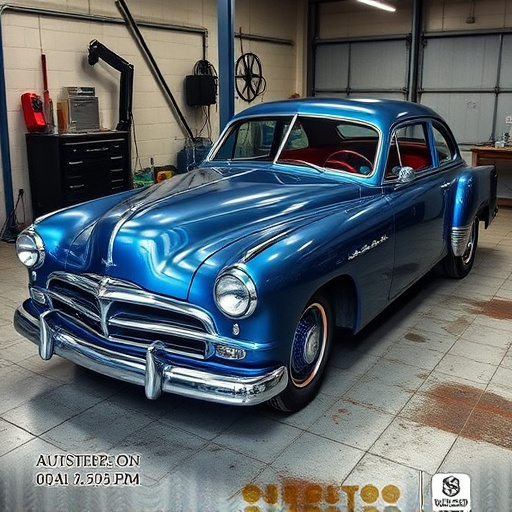
Tesla’s commitment to safety and quality ensures that their vehicles meet stringent manufacturing standards. For insurance approval, especially in cases involving repairs or replacements, Tesla requires specific welding certification for certain components, with a particular focus on aluminum structures. This is not merely about aesthetics; it involves structural integrity and long-term performance, given the unique properties of aluminum alloys used in Tesla vehicles.
The process involves acquiring a Tesla Aluminum Welding Certification, which ensures that repair facilities and technicians are equipped to handle these specialized welds accurately. For auto collision centers or fleet repair services offering Tesla vehicle repairs, understanding and adhering to these standards is crucial. This includes not just the technical aspect of aluminum welding but also ensuring that every repair, from car dent removal to more complex structural fixes, meets Tesla’s approval for safety and reliability.
The Role of Aluminum Welding Certification in Tesla Vehicle Safety
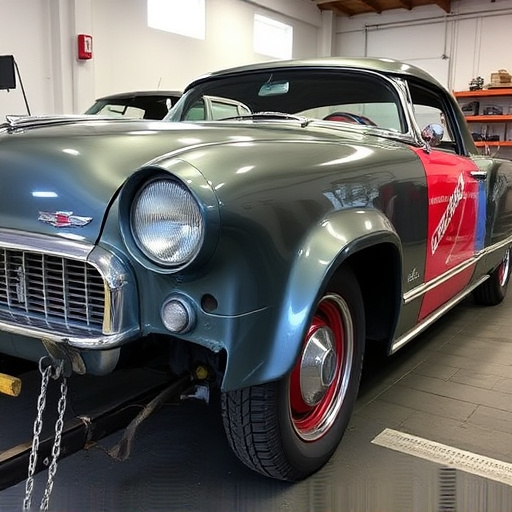
Tesla aluminum welding certification plays a pivotal role in ensuring the safety and integrity of Tesla vehicles. Aluminum is a lightweight yet robust material widely used in Tesla’s modern car designs, offering both performance and fuel efficiency benefits. However, this material presents unique challenges during the repair process due to its distinct properties compared to traditional steels.
Welding aluminum requires specialized techniques and knowledge to prevent issues like cracking, porosity, or poor joint strength. The certification process ensures that technicians are adept at using advanced welding methods suitable for aluminum, such as resistance spot welding and laser welding. This skill set is crucial when dealing with extensive repairs, including hail damage repair or car dent repair, where precise and reliable welds are essential to maintain the vehicle’s structural integrity. Even in vehicle restoration projects, achieving a seamless fusion of new and restored components demands a deep understanding of Tesla aluminum welding certification standards.
Achieving and Maintaining Tesla Aluminum Welding Certification Requirements

Achieving Tesla aluminum welding certification is a significant step for automotive body shops aiming to perform repairs and modifications on Tesla vehicles. These certifications ensure that technicians have the necessary skills and knowledge to work with Tesla’s advanced aluminum alloy structures safely and effectively. The process involves rigorous training, practical demonstrations, and written exams designed by Tesla to uphold their high safety and quality standards.
Maintaining these certification requirements is equally crucial. Regular updates, ongoing education, and adherence to Tesla’s latest guidelines are essential for keeping up with advancements in welding techniques and materials. Automotive restoration specialists must prioritize continuous learning to ensure they remain proficient in car body repair using aluminum, thereby facilitating smooth insurance approval processes and delivering top-quality services in the automotive body shop environment.
Tesla’s aluminum welding certification requirements are vital for ensuring vehicle safety and insurance approval. By adhering to these rigorous standards, repair shops demonstrate their competence in handling Tesla’s advanced aluminum construction, thereby facilitating faster and more secure repairs. Achieving and maintaining this certification is essential for any business aiming to service Tesla vehicles, fostering a network of trusted, competent, and insured partners.
